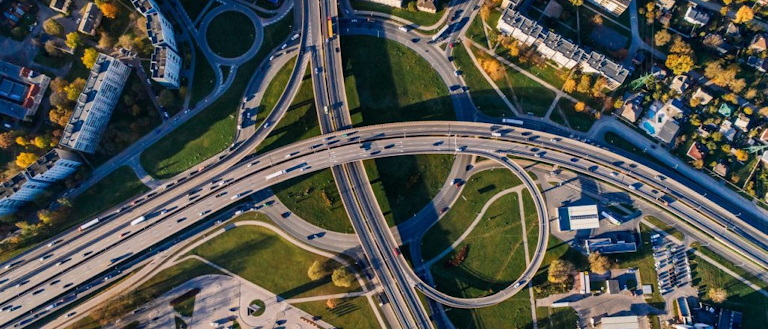
What’s new
Recent announcements from RCA Forum and members.
10/05/2024
RR 718 – Zero-emission bus economics study
Contracted organisation: Castalia
Authors
- Andreas Heuser, Castalia, New Zealand
- Jordan Nelson, Castalia, Australia
- Daria Rybalka, Castalia, Australia
Research snapshot
This research developed an Excel model – ‘the ZEB Cost Model’ – that allows users to evaluate the different options for replacing existing diesel buses with zero-emission buses (ZEB).
The model is designed to help public transport authorities and NZTA weigh the costs and benefits of the different technologies available for bus decarbonisation, so they can make informed investment decisions. It includes options for:
- retiring and replacing diesel buses with ZEB right away
- replacing diesel buses with ZEB on their normal routes, then retaining the diesel buses to expand public transport options, in order to encourage more people to use public transport
- waiting until the end of a diesel bus’s useful life and then replacing it.
The research also looked at the various zero- or low-emission bus technologies available and how they performed on different types of routes.
In all, 10 different bus options (including battery electric and hydrogen-fuel-cell buses) operating on nine different types of routes were incorporated in the model, enabling users to calculate and compare the total cost of ownership for each option.
The research also reported several key findings that emerged during the model design process. These include that:
- the emissions saved by retiring diesel buses early far outweigh the emissions generated by constructing replacement ZEB
- operations and maintenance costs, particularly energy costs, are the main factor affecting the total cost of ownership for different bus technologies
- battery electric buses are the lowest cost option for replacing existing diesel buses.
Further research, and collaboration and data sharing between transport stakeholders, would improve the model’s usefulness and contribute to the successful and sustainable decarbonisation of public transport in New Zealand.
For more information see the research report and summary.
